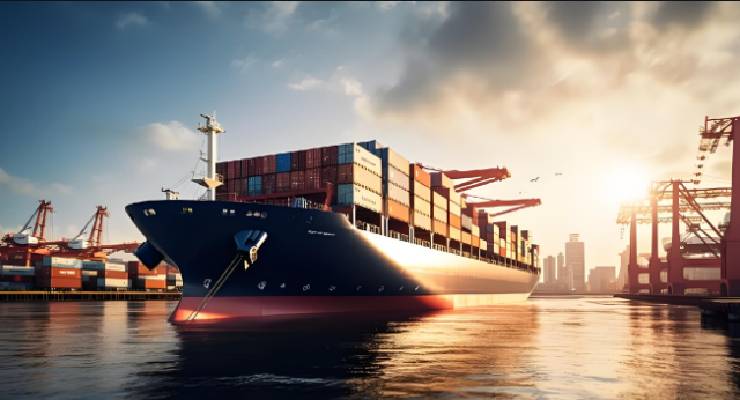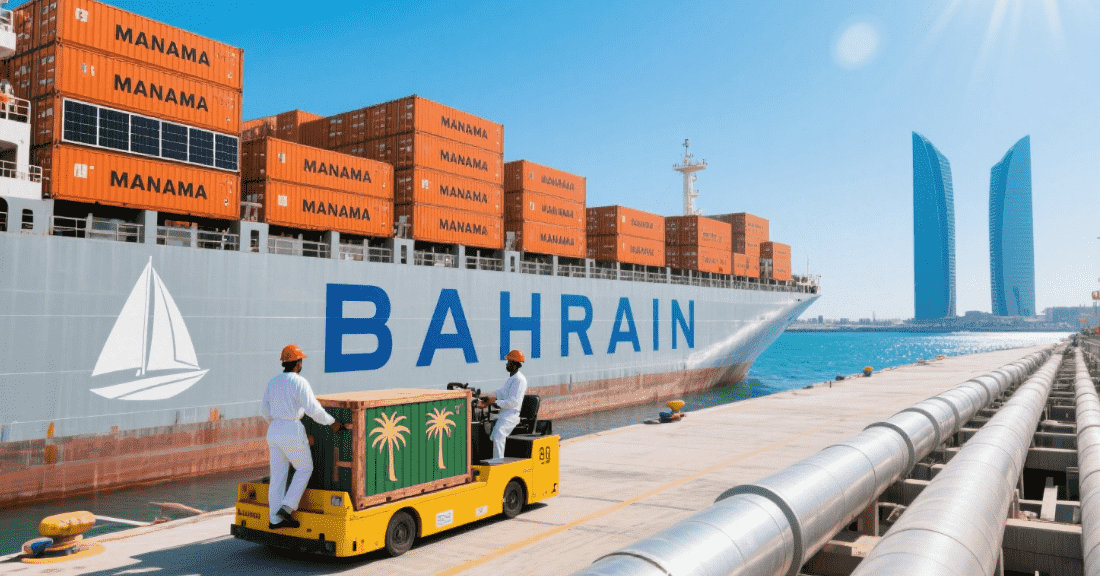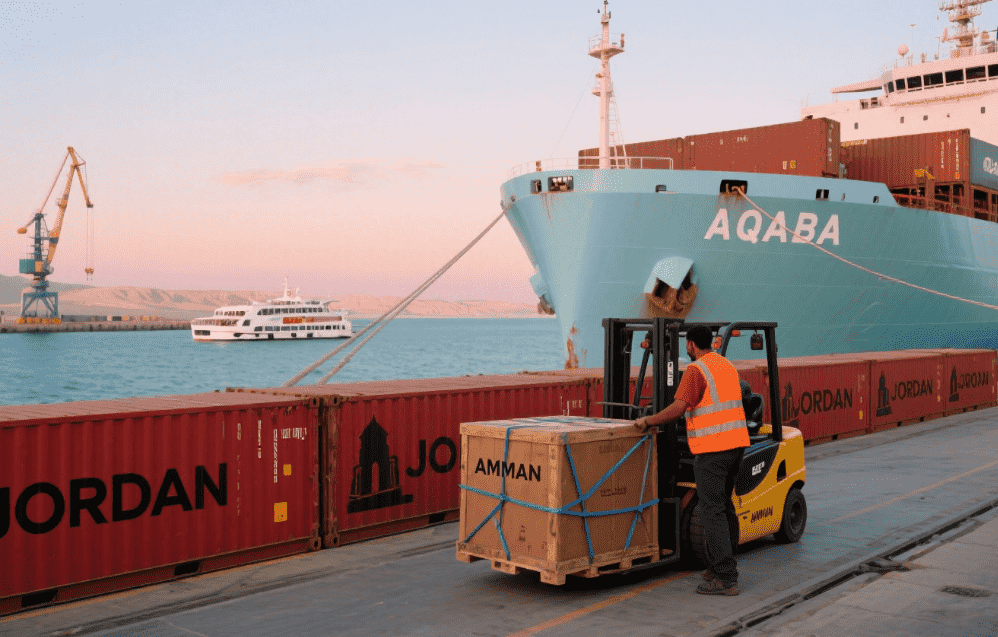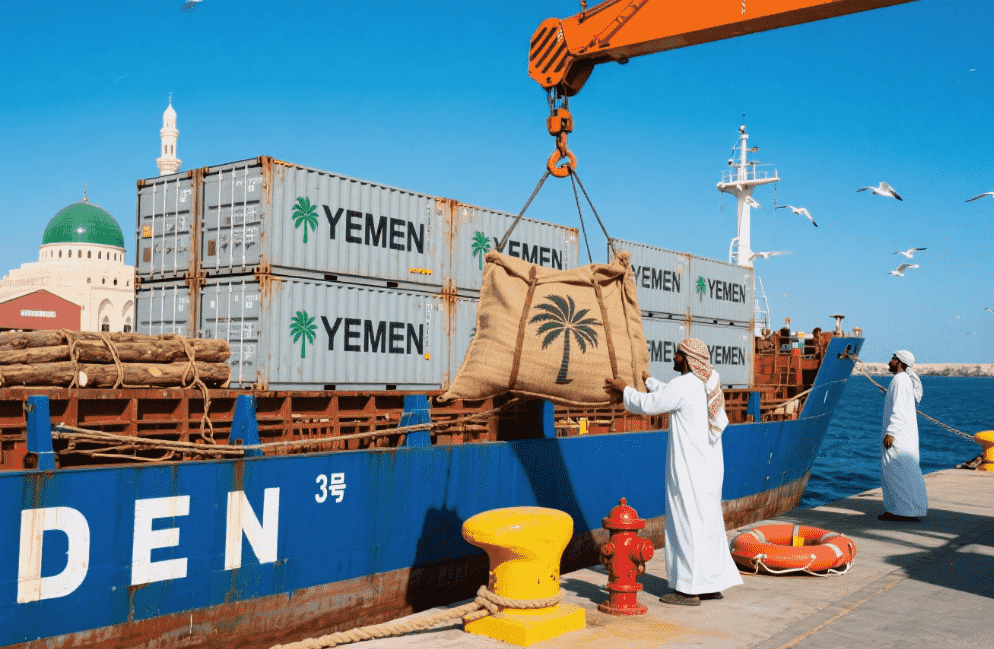
The United Arab Emirates has strict customs regulations that limit what can be imported into the country. There are all kinds of restricted items, from weapons to food. If you plan to import these items into the UAE, be sure to research the regulations in advance and contact UAE Customs for more information. This blog post will provide an overview of the restricted items that you cannot easily import into the UAE and provide some resources for more information.
If you are planning to import restricted items into the UAE, Winsail can assist you. We are a freight forwarder and are well versed in UAE customs regulations. We can help you understand regulations and get your goods to their destination safely and on time. Get a free quote today for a free consultation.
List of restricted items
The UAE is a member of the World Trade Organization (WTO) and operates a free trade regime. There are no restrictions on the import and export of goods and services. However, the UAE has a number of bilateral free trade agreements (FTAs) with countries such as the United States, China, India and Pakistan. These free trade agreements provide preferential tariff rates for imports from these countries. The UAE has entered into a number of preferential trade arrangements with Arab League countries and the Gulf Cooperation Council (GCC).
The main imports of the United Arab Emirates are machinery, equipment, chemicals, pearls, gems, gold, food, etc. The main exports of the United Arab Emirates are crude oil, the United Arab Emirates is a major cargo transit country, and Dubai is the world's largest cargo transit center.
The UAE's import regime is based on the Harmonized Tariff Classification System (HS). HS is an international classification system for goods from more than 200 countries. The UAE HS tariff schedule is available on the Federal Customs Administration (FCA) website.
Certain goods are also subject to environmental or safety standards. These include vehicles, tires, lead-acid batteries, asbestos and ozone-depleting substances.
The UAE has several Free trade zones (FTZ) that offer investors benefits such as tax exemptions and relaxed customs procedures. The FTZ in the UAE is located in ABU Dhabi, Dubai, Sharjah, Ajman, Umm Qaywan, Ras al-Khaimah and Fujairah.
The UAE economy is diversified, with revenues from oil and gas, tourism, aviation, real estate and financial services.
The UAE does not have any quota or licensing requirements for imports. However, certain commodities are subject to import bans or restrictions. These include alcohol, pork, gambling equipment, narcotics and pornography.
The Federal Customs Authority is responsible for regulating the UAE's import industry. The UAE has several import restrictions in place to protect its citizens and uphold its values. These restrictions include alcohol, pork, pornography, drugs and weapons. Businesses that want to do business in the UAE need to be aware of these restrictions and ensure they are complied with.

Alcohol
The UAE has restrictions on alcohol imports. Businesses that want to import alcohol need a permit from the Federal Customs Service. Alcohol can only be sold or served in licensed establishments such as hotels and restaurants.
Pork
The UAE has restrictions on pork imports, and pork products cannot be sold in supermarkets, but can be purchased in licensed shops such as hotels and restaurants.
pornography
The UAE bans the import of pornography. Businesses that want to import pornography must ensure that it is not available to the public. Pornography includes magazines, books, movies, videos, and DVDS.
Hard drug
The UAE has a zero-tolerance policy on drugs. The illegal importation, sale and manufacture of drugs is punishable by imprisonment. There is no exception for personal use or possession of drugs for medical purposes.
Weapon
The United Arab Emirates has restrictions on arms imports. Licences are required for the import, export and manufacture of weapons. You must not carry weapons in public.
The UAE has a number of import restrictions designed to protect its citizens and uphold its values. These restrictions could affect businesses that want to do business in the UAE. Businesses must be aware of these restrictions and ensure compliance with them.
The UAE has imposed several restrictions on the import of certain items to protect the safety of its citizens. Anyone found importing these restricted items into the UAE will face serious consequences, including imprisonment.
conclusion
The UAE has strict customs regulations in place to protect its citizens and visitors. A variety of restricted items cannot be easily imported into the UAE, including weapons, food, and certain types of plants and animals. If you plan to import any of these items into the UAE, be sure to research the regulations in advance and contact UAE Customs for more information.







